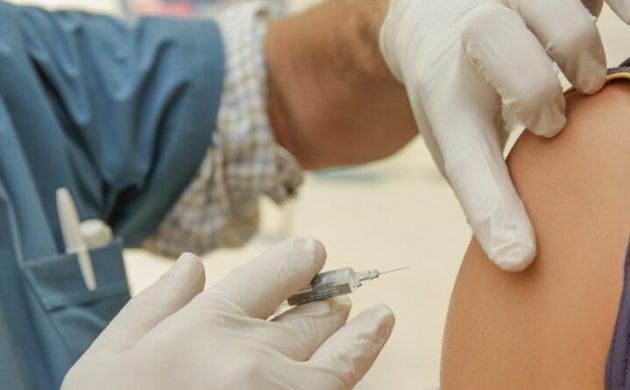Some 150.000 people in Denmark have received their first jab with AstraZeneca and their second with either Pfizer or Moderna. However, this could complicate traveling outside the EU, since certain countries do not accept cross vaccination as a valid form of immunity.
As a result, the Health Ministry, Sundhedsministeriet, is weighing whether or not to offer a third jab to people that have received two different doses.
“From a professional health perspective, it’s Sundhedsstyrelsen’s assessment that it would be best to offer a third dose of mRNA-vaccine to people that have received a first jab with the AstraZeneca vaccine and a second jab with the mRNA-vaccine,” wrote Sundhedsministeriet to DR.
If put into practice, a possible third jab is expected to be offered after the completion of the current vaccine rollout.
Political criticism
Sundhedsministeriet’s announcement comes after criticism from several political parties.
“It’s common sense that this needs fixing, since it’s no good that we have people that can’t travel freely around the world, because they have been cross vaccinated,” said Per Larsen, health spokesman from Konservative.
At the opposite end of the political spectrum, Enhedslisten’s health spokesman Peder Hvelplund stressed that cross-vaccinated people should not be treated differently than the rest of the population.
“It would be completely unreasonable if some should be subjected to discrimination,” he said
First country in the world to remove AstraZeneca
Denmark was the first country to remove the AstraZeneca vaccine from the national vaccination programme in April. The decision was made after several cases of extremely rare, but serious, side-effects were observed.
It is primarily people in the health, elderly and social sectors that have received a first dose of AstraZeneca.
The Foreign Ministry encourages cross vaccinated people to examine the embassies’ websites or contact the local authorities before traveling.













